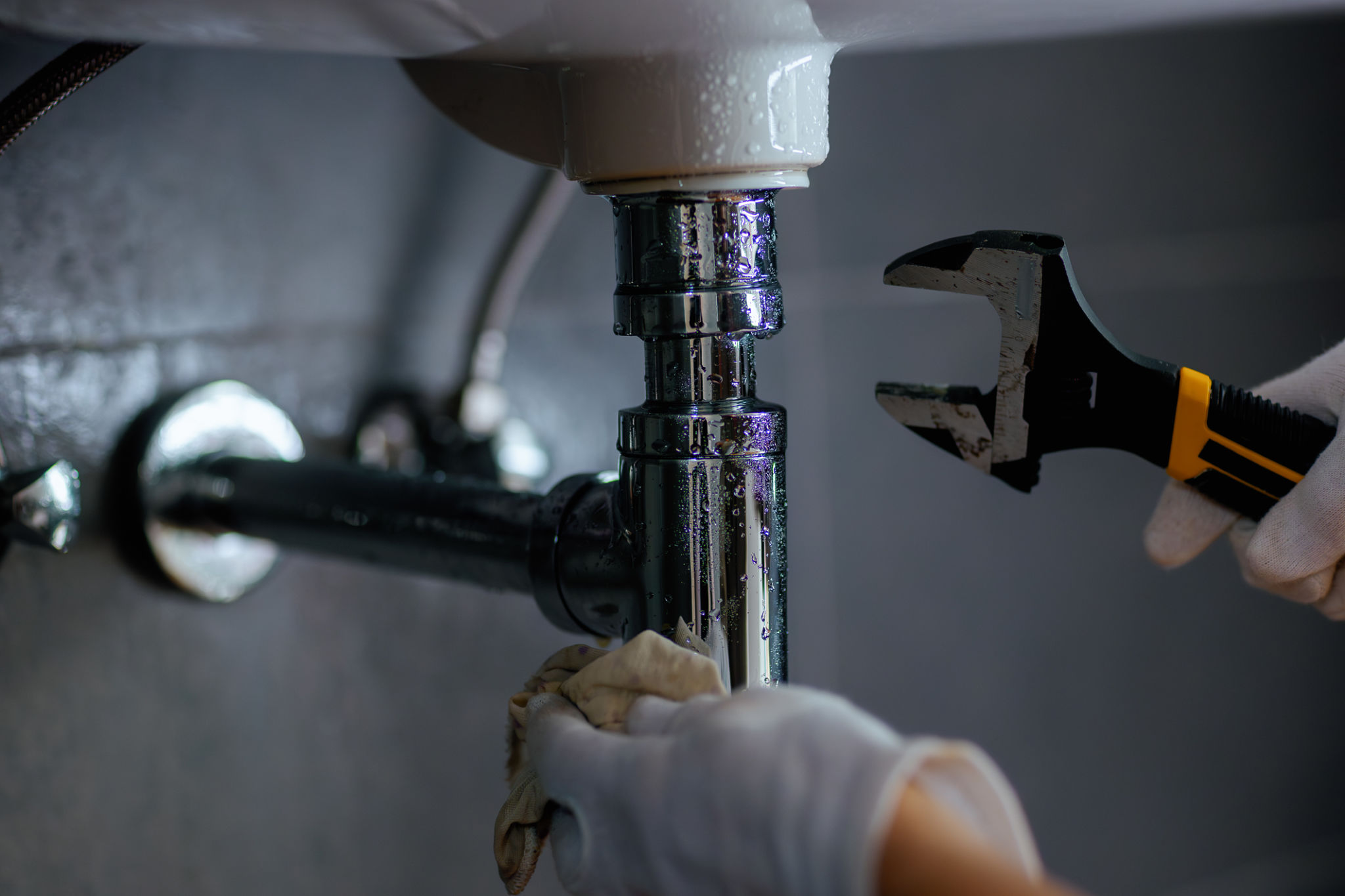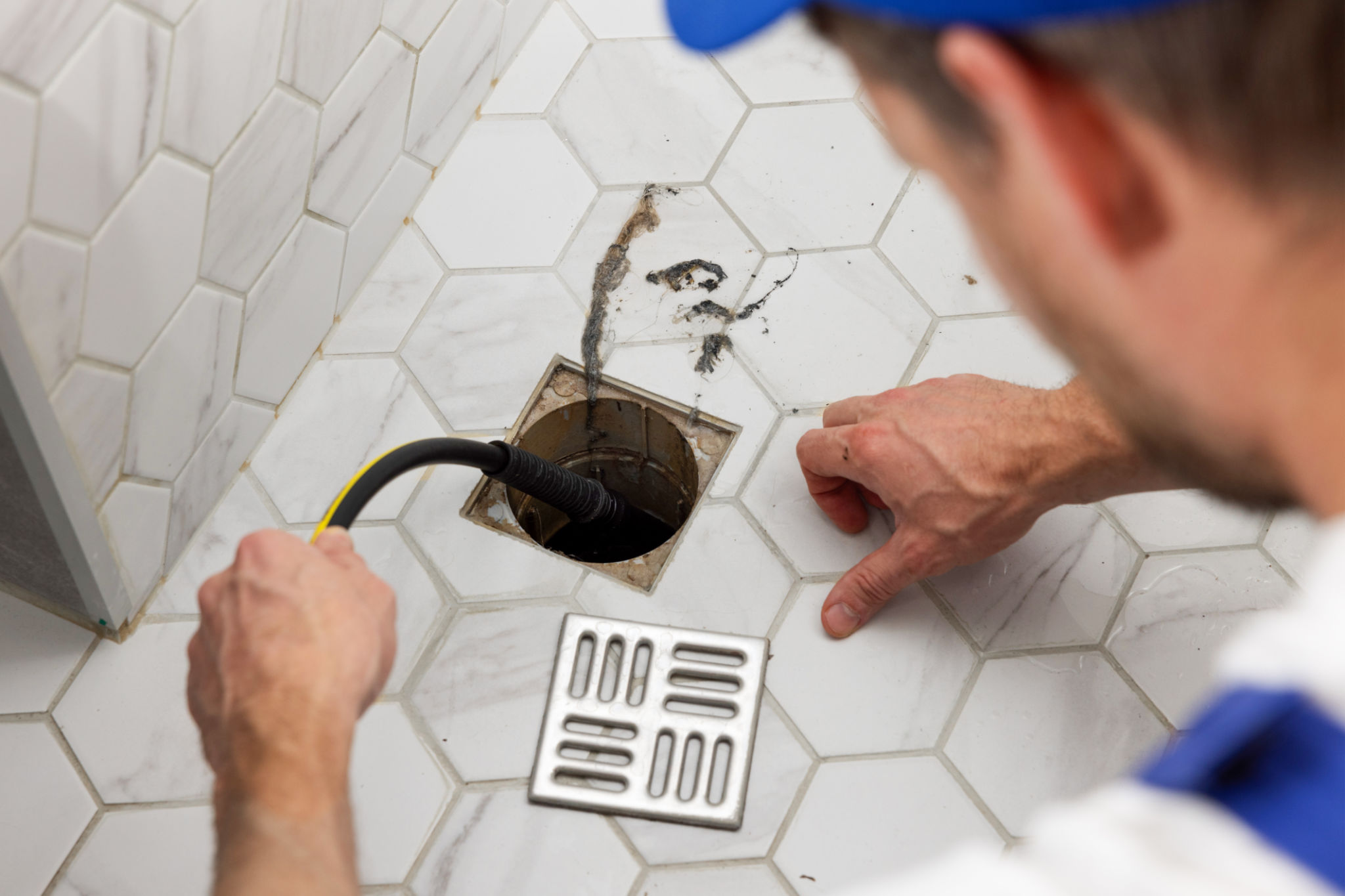DIY Plumbing Fixes: What You Can and Can't Do Yourself
Understanding Your Limits
Taking on DIY plumbing projects can be a great way to save money and learn valuable skills around the house. However, it's crucial to understand your limits to avoid causing more harm than good. Not all plumbing issues are suitable for an amateur fix, and recognizing when to call a professional can save you from potential disasters.

Before diving into any DIY plumbing project, assess your comfort level and knowledge. If you're unsure about something, it's often better to seek professional help than risk making the problem worse. Remember, some plumbing tasks require specific tools and expertise that you might not have.
Common DIY Plumbing Fixes
Fixing a Leaky Faucet
A leaky faucet is one of the most common plumbing issues and is usually a simple fix. Often, the problem lies with a worn-out washer or O-ring. To fix it, turn off the water supply, disassemble the faucet, replace the faulty part, and reassemble it. This task typically requires only basic tools and can be done in under an hour.
Unclogging Drains
Clogged drains are another frequent issue that many homeowners can handle themselves. A plunger or a plumber's snake can often clear simple blockages. For persistent clogs, try using a mix of baking soda and vinegar or a commercial drain cleaner. However, if the clog persists, it might be time to call a plumber to investigate further.

When to Call a Professional
Complex Pipe Repairs
If you notice problems like burst pipes or extensive leaks within your walls or under your floor, it's best to contact a professional plumber. Repairing or replacing pipes can be complicated, and improper handling can lead to significant water damage and costly repairs.
Water Heater Issues
Problems with your water heater, such as inconsistent temperatures or unusual noises, should be addressed by a professional. Water heaters involve complex components and potentially dangerous elements like electricity or gas, making them unsuitable for DIY attempts.

Safety First
Always prioritize safety when considering DIY plumbing repairs. Wear appropriate protective gear, ensure your workspace is safe, and follow all instructions carefully. Turn off water supplies before starting any project to prevent water damage.
While DIY plumbing fixes can be rewarding and cost-effective, understanding when to step back is crucial. By recognizing your limitations and acknowledging when professional intervention is necessary, you can maintain your home's plumbing system effectively while avoiding unnecessary risks.
